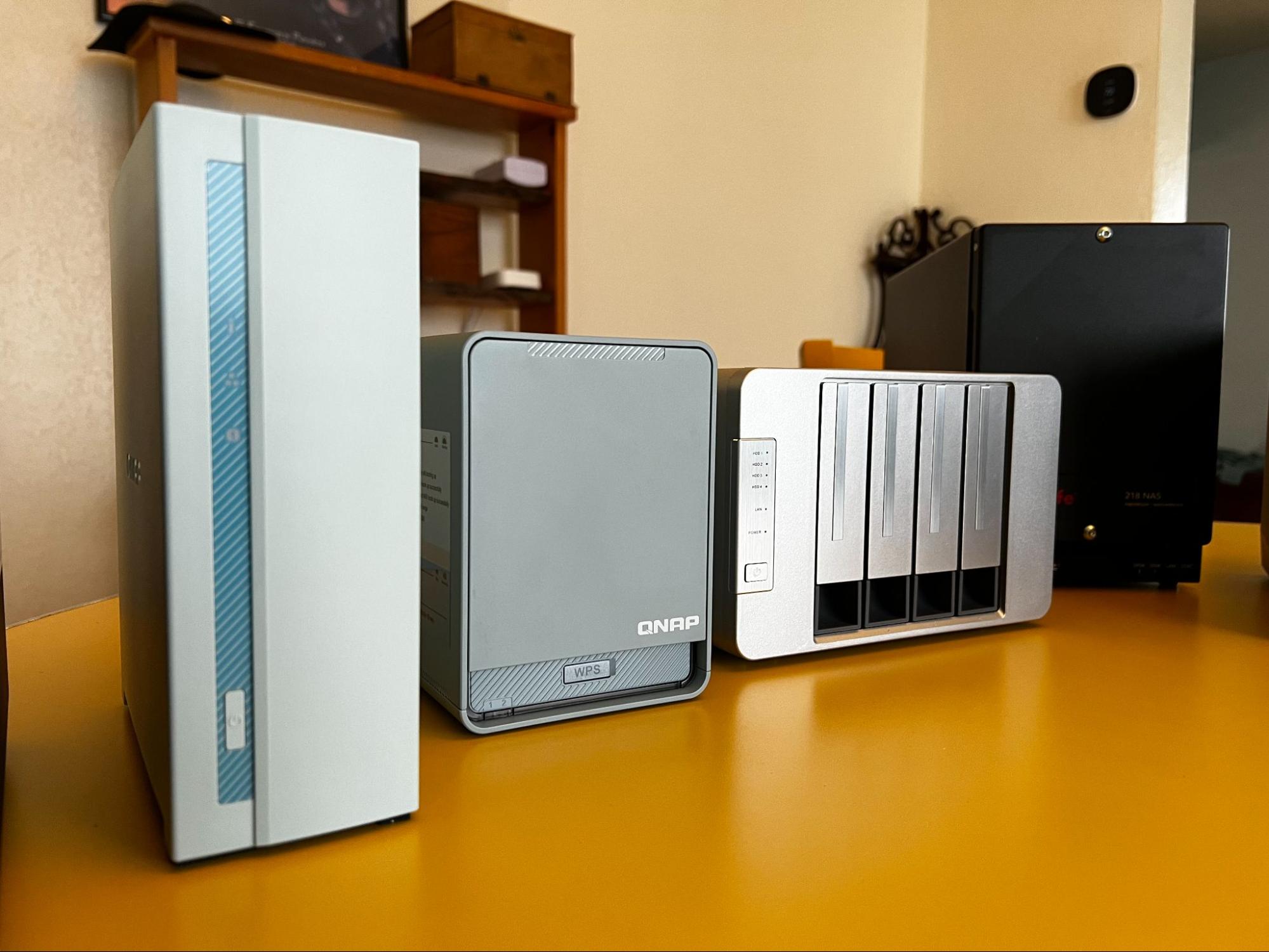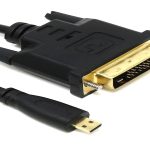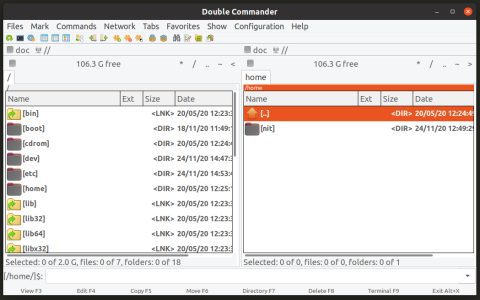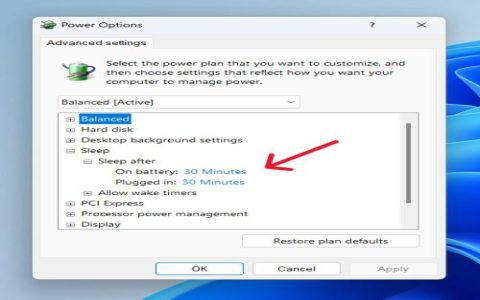Choosing the optimal processor for a Network Attached Storage (NAS) device hinges on its intended applications and workload. Unlike general-purpose computing, NAS CPU selection prioritizes a balance of performance, power efficiency, and specific features crucial for storage and network-centric tasks.
Processors for Key NAS Functions
The ideal CPU varies significantly based on how you plan to use your NAS:
- Basic File Storage and Sharing: For fundamental tasks like storing documents, photos, and occasional light media streaming, entry-level ARM-based processors (e.g., from Realtek or Marvell) or low-power Intel Celeron (specifically J-series or N-series) and Pentium CPUs are generally adequate. Their primary advantage is excellent power efficiency.
- Media Streaming and Transcoding: If streaming high-resolution video (1080p, 4K) and requiring on-the-fly video transcoding (converting formats for different client devices) is a priority, a more capable CPU is necessary. Consider quad-core Intel Celeron, Pentium Silver/Gold, or even Core i3 processors, particularly those with integrated Intel Quick Sync Video technology for hardware acceleration. AMD Ryzen Embedded (V-series or R-series) also offer viable options.
- Multiple Users and Advanced Applications: For Small Office/Home Office (SOHO) environments or power users running multiple applications simultaneously (e.g., Plex Media Server, Docker containers, virtual machines, network video recording), a more robust CPU is essential. Intel Core i3/i5, AMD Ryzen 3/5 (including their Embedded series), or Intel Xeon E-series (which often include ECC memory support) are suitable choices.
- Virtualization and Heavy Workloads: If the NAS will host multiple virtual machines or run demanding server applications, look for processors with a higher core count, faster clock speeds, and robust RAM support. Intel Core i5/i7, AMD Ryzen 5/7, or Intel Xeon D/E series processors are appropriate. ECC memory support becomes highly recommended for these scenarios to ensure data integrity.
Essential Processor Features for a NAS
- Cores and Threads: A higher number of cores and threads allows the NAS to handle more concurrent tasks efficiently. Dual-core processors are a minimum for basic functions; quad-core or higher configurations are preferable for transcoding, virtualization, and supporting multiple users.
- Clock Speed (GHz): While higher clock speeds can enhance responsiveness for single-threaded applications, the core count and architecture are often more critical for typical NAS multitasking workloads.
- Integrated Graphics (iGPU): An iGPU is crucial for hardware-accelerated video transcoding. Intel's Quick Sync Video is a prominent example. If media serving with transcoding is a primary use case, ensure the CPU has a capable iGPU.
- Power Efficiency (TDP): NAS devices typically operate 24/7, making power efficiency (measured by Thermal Design Power or TDP) a key consideration. Lower TDP values translate to reduced electricity consumption and less heat generation. ARM CPUs excel in this regard, but modern low-power x86 options from Intel and AMD are also very competitive.
- AES-NI Support: This refers to hardware acceleration for Advanced Encryption Standard (AES) instructions. It is vital if you plan to use encrypted volumes on your NAS, as it significantly boosts encryption and decryption performance. Most modern x86 CPUs include AES-NI.
- ECC Memory Support: Error-Correcting Code (ECC) memory can detect and correct single-bit memory errors, enhancing data integrity and system stability. This is particularly important for business-critical data or users prioritizing data safety. ECC support is commonly found in Intel Xeon and some AMD Ryzen Pro/Embedded processors.
- Virtualization Technology (Intel VT-x / AMD-V): Hardware support for virtualization is necessary if you intend to run virtual machines (VMs) on your NAS.
Common Processor Families for NAS
Popular processor choices in pre-built NAS systems and for DIY NAS constructions include:

- Intel Celeron & Pentium (J/N series, Silver/Gold): These offer a good compromise between performance and power efficiency for home and SOHO NAS setups. Many models feature Intel Quick Sync Video.
- Intel Core i3/i5/i7: These provide greater processing power for more demanding tasks, including intensive virtualization and heavy transcoding loads.
- Intel Xeon (E and D series): Aimed at business and prosumer NAS solutions, these processors often feature ECC memory support, higher core counts, and enhanced reliability for continuous operation.
- AMD Ryzen (Desktop APUs & Embedded R/V series): Growing in popularity for NAS builds, AMD Ryzen CPUs deliver strong multi-core performance and capable integrated graphics. Select embedded models also offer ECC memory support.
- ARM-based (e.g., Realtek, Marvell, AnnapurnaLabs): Excellent for power efficiency and fundamental file-serving tasks. Commonly found in entry-level to mid-range consumer NAS devices. Their performance for complex tasks like real-time transcoding can be limited compared to x86 counterparts.
Conclusion: Aligning CPU Choice with Your Needs
There is no single "best" processor for all NAS scenarios. The optimal choice is one that precisely meets your specific requirements for performance, desired features (such as hardware transcoding or virtualization capabilities), and power consumption, all within your budget. For basic home file sharing, a low-power Intel Celeron or an ARM-based CPU is often sufficient. For media enthusiasts or small businesses requiring smooth transcoding and multi-user access, a quad-core Intel Celeron, Pentium, Core i3, or an equivalent AMD Ryzen processor will provide a better experience. For intensive workloads, extensive virtualization, and where data integrity is paramount (requiring ECC memory), high-end Intel Core i5/i7, AMD Ryzen 5/7, or Intel Xeon processors are recommended.











